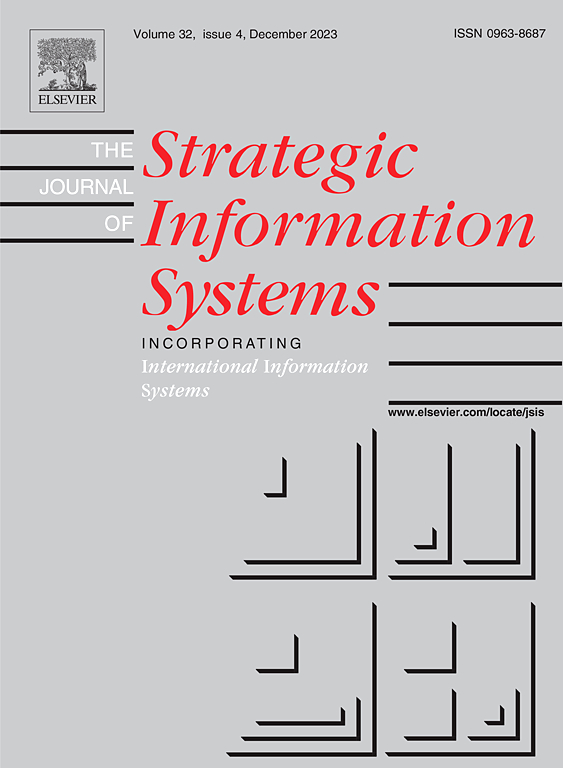二维差分场中一阶差分方程的有理解
IF 0.6
4区 数学
Q4 COMPUTER SCIENCE, THEORY & METHODS
引用次数: 0
摘要
受卡尔算法的启发,我们考虑了涉及满足二阶递推的序列的求和。这种求和的结构为求解二元差分域 (F(α,β),σ) 中 aσ(g)+bg=f 形式的差分方程提供了一个代数框架,其中 a,b,f∈F(α、σ 是满足 σ(α)=β, σ(β)=uα+vβ 的变换,其中 u,v≠0∈F.在此基础上,我们描述了在某些假设条件下为这些方程在二元差分域中寻找万能分母的算法。这就把寻找这些方程的有理解的一般问题简化为寻找这些方程的多项式解的问题。本文章由计算机程序翻译,如有差异,请以英文原文为准。
Rational solutions to the first order difference equations in the bivariate difference field
Inspired by Karr's algorithm, we consider the summations involving a sequence satisfying a recurrence of order two. The structure of such summations provides an algebraic framework for solving the difference equations of form in the bivariate difference field , where are known binary functions of α, β, and α, β are two algebraically independent transcendental elements, σ is a transformation that satisfies , , where . Based on it, we then describe algorithms for finding the universal denominator for those equations in the bivariate difference field under certain assumptions. This reduces the general problem of finding the rational solutions of such equations to the problem of finding the polynomial solutions of such equations.
求助全文
通过发布文献求助,成功后即可免费获取论文全文。
去求助
来源期刊

Journal of Symbolic Computation
工程技术-计算机:理论方法
CiteScore
2.10
自引率
14.30%
发文量
75
审稿时长
142 days
期刊介绍:
An international journal, the Journal of Symbolic Computation, founded by Bruno Buchberger in 1985, is directed to mathematicians and computer scientists who have a particular interest in symbolic computation. The journal provides a forum for research in the algorithmic treatment of all types of symbolic objects: objects in formal languages (terms, formulas, programs); algebraic objects (elements in basic number domains, polynomials, residue classes, etc.); and geometrical objects.
It is the explicit goal of the journal to promote the integration of symbolic computation by establishing one common avenue of communication for researchers working in the different subareas. It is also important that the algorithmic achievements of these areas should be made available to the human problem-solver in integrated software systems for symbolic computation. To help this integration, the journal publishes invited tutorial surveys as well as Applications Letters and System Descriptions.
 求助内容:
求助内容: 应助结果提醒方式:
应助结果提醒方式:


